An interview with the cast of Marguerite & Julien
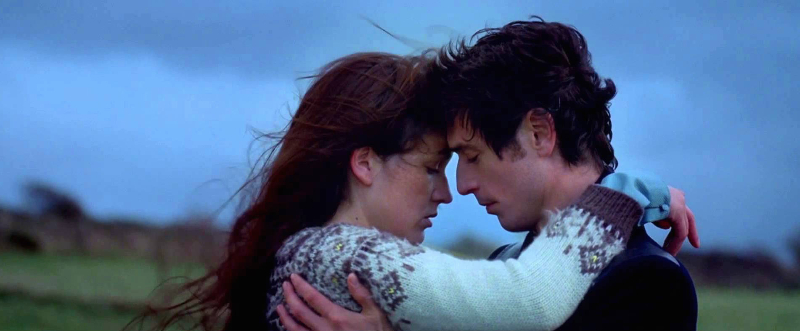
We had the privilege to meet one of the rising stars of French cinema, director Valérie Donzelli, who discussed her daring, incestuous new movie Marguerite & Julien, which premiered at this year’s Cannes Film Festival. As if this wasn’t enough, behind the next door were her two charming young leads Jérémie Elkaïm and Anaïs Demoustier waiting for the second half of the interview.
 Madame Donzelli, can you tell us about the dimensions of time and space in Marguerite & Julien? We are thrown into a world of helicopters, carriages and swords.
Madame Donzelli, can you tell us about the dimensions of time and space in Marguerite & Julien? We are thrown into a world of helicopters, carriages and swords.
Valérie Donzelli: It was a very intense and a long work of preparation and reflection. I had very precise ideas and at the same time they were kind of blurred, because I wanted the film to be like nothing we are familiar with. It is something that we developed through writing and preparation, and also during the shooting itself. It was mainly based on intuition and I felt that the film somehow rejected what was not suitable for it. I didn’t want it to be ostentatious in any way, on the contrary, to be absolutely discrete and have everything melted into the main subject of the film, which is the love between Marguerite and Julien.
When did you encounter their story for the first time and made your decision to tell it?
VD: The screenplay by Jean Gruault was published in a book which was given to me as a birthday present three years ago. I read it right away, knowing it was a screenplay originally written for François Truffaut, and I immediately wanted to make a movie out of it. I visualised a novelistic story, something with knights, chevaliers. Also, I was fascinated by the character of Marguerite, who I thought was very strong. I would have loved to be able to play her myself, and started thinking of actresses who could do it.
You said you didn’t play it yourself because you feel the part demands someone younger. But Jérémie Elkaïm is also a bit old for playing Julien. Why was he your choice and how did you make him appear so young?
VD: I’ve known Jérémie since he was 19 and when you know someone from that young age, you have a hard time realising that they grow older. I knew his age was at the limit for me to be able to offer him the role, but I found he was perfect for it. He has a sort of melancholy that is typical for him, a sadness in his eyes. He is handsome, but not a Don Juan or a seducer. He had to prepare himself quite a lot, losing a lot of weight, because Julien is someone who’s eating himself up from the inside. It was a very demanding role for him. Then, of course, it was a matter of lighting and makeup. All the scenes between them are shot on film, so that you have the impression of being able to almost touch them. And they were shot in daylight, whilst all the shots during night time were done with digital cameras. Anaïs Demoustier, too, is older than the age of the role, depending on the version: some say Marguerite is 13 and Julien 17, others say she is 17 and he is 25. We don’t really know where the truth is. I want them to be grown up enough for people not to be able to blame the innocence for their love.
Have you thought about giving them a happy ending instead?
VD: I never 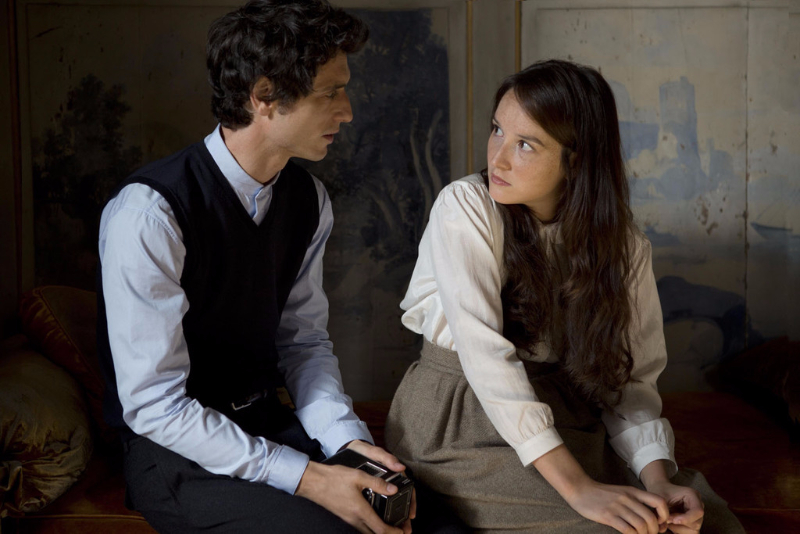 thought of playing with the story and turning it into something that it isn’t. I wanted to stay true to the actual event which it is inspired by. That ending is absolutely inevitable, it is an impossible love that is judged by the law of man. They loved each other, they didn’t hurt anyone by doing it and they were ready to act out their love at the risk of being executed, a risk they were very aware of. Therefore they also took a sort of political stance. They are what they are and all of the film is based on true events, their love, the death sentence, the castle that they lived in is the castle where we shot the film; there is almost a mystical dimension to the film that is reflecting reality.
thought of playing with the story and turning it into something that it isn’t. I wanted to stay true to the actual event which it is inspired by. That ending is absolutely inevitable, it is an impossible love that is judged by the law of man. They loved each other, they didn’t hurt anyone by doing it and they were ready to act out their love at the risk of being executed, a risk they were very aware of. Therefore they also took a sort of political stance. They are what they are and all of the film is based on true events, their love, the death sentence, the castle that they lived in is the castle where we shot the film; there is almost a mystical dimension to the film that is reflecting reality.
Where is the castle?
VD: It’s in Tourlaville, on the Cotentin Peninsula in Normandy.
You talked about the importance of the images. How did you work on them in cooperation with your cinematographer Céline Bozon?
VD: I wanted the film to be beautiful visually, to be almost pictorial. I wanted it to be many things at the same time, rock and pop, almost technicolor somehow, but at the same time very theatrical, natural and intimate, with subdued light, like walking into the pages of a book. So Céline and I had a lot of work, for example in order to find the proper mix of 35mm with digital film or what we did with the light concerning day and night. But we’ve known each other for a long time, she already worked with me on La Reine des Pommes (The Queen of Hearts, 2009). It’s funny actually, because I thought the story would lend itself to become a cartoon or manga. That’s a language I grew up with that was visually impressive and remarkable.
You seem to mix all sorts of novelistic, romantic levels with more contemporary ones.
VD: It comes very naturally to me, this is the reason why I’d be unable to make a historical reconstruction of the story of Marguerite and Julien. I wanted to make a big, entertaining, popular film – of course in an interesting and new form – in order to make a new proposal to the audience, especially younger ones. To me, this is a film for children, with the exception of the difficult sex scene in the forest. I think it is a very wise film.
Some members of the audience were a bit upset about the subject matter. It’s true, this is impossible love, but it’s incest anyway. What do you make of this reaction?
VD: I can’t really speak for an ordinary audience, because the only one I’ve experienced was during the official screening at Cannes and I could feel this audience was very attentive to the film. Naturally it deals with a taboo, therefore it is in a way shocking for some people who feel embarrassed about a subject like incest. We can expect this about any taboo. I didn’t want to embellish the victim or blame the executioner, I think we are all Marguerite and Julien ourselves. It’s also a subject matter that I’m not familiar with, so I approached it as if it would be a science fiction film. I do have a brother, but not a passionate love for him, just the love of a sibling. I don’t have any symbiotic bond with any family member. This sort of love I have only experienced with people outside of my family. And I can understand how violent it might feel, but it was like that also for the protagonists, that is for Julien and Marguerite themselves. I was very keen on showing all the different stages that Julien goes through, because he’s the one who is more aware than Marguerite and he’s ashamed. Marguerite knows very little about the world in general, because she lives inside the castle. And how that love grows and develops in the letters they write to each other: these are all different questions that I wanted to approach in the film.
Did the original screenplay for François Truffaut already include the young narrator in the orphanage?
VD: No, this was not in the original script. But I wanted Marguerite and Julien to be legends, like rock stars. And that’s how I got the idea for the beginning of the film, with this group of orphan girls who talk about them, as we all do with celebs nowadays; you sort of fantasise about them, read about them in the press. They would have been on a magazine today.
Exit the charismatic director, enter the two lead actors. Jérémie Elkaïm wears sunglasses not out of affectation, but because of a problem with his eyes, his interpreter informs us. He seems a bit reluctant, maybe due to this. Anaïs Demoustier makes this up with very bright eyes, a beautiful voice and an occasional giggle at something that Elkaïm says.
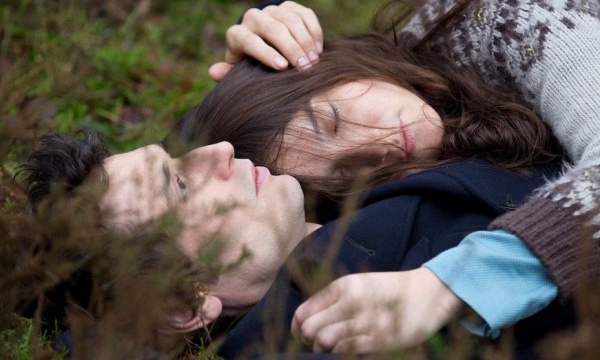 Monsieur Elkaïm, what does it mean that you are listed as co-director?
Monsieur Elkaïm, what does it mean that you are listed as co-director?
Jérémie Elkaïm: The nuance in this case is that I’m not a co-director with Valérie, I’m a collaborator on the directing. What that means is I’m always there, I’m giving her my opinions, maybe some ideas, bouncing off – I’m like a mini-me for her. The English word co-director is not correct, it’s a collaboration in the direction process.
Anaïs Demoustier: And I can add to that, since I was there obviously and could observe how they work together, that Valérie always seems to be bubbling and boiling over with ideas that are bursting out of her like a volcano, and Jérémie is there taking it all in and kind of orientates her. It’s just a total accompaniment in the process and mutual help for the channeling of ideas. It was very beautiful to see. It’s impossible to determine who is responsible for what exactly, it’s just a constant flow that goes together and I think that Jérémie makes it possible for Valérie to create her cinema.
Did you feel a responsibility to François Truffaut, for whom the script was meant originally?
JE: No. We weren’t actually looking to kill the father, nor to pay homage; basically it was a little coincidence that brought us to this project and we wanted to do it, because of the project that it was and not so much because of its history.
The interplay of medieval elements with modernity is very beautiful. How was it for you to act in these non-defined times?
AD: Actually, the fact that we were in this sort of “no-time” situation gave us a lot of freedom in the acting, it allowed us to get straight to the core of the emotions and intentions that the characters were feeling without having to conform to certain codes of a period.
Did you talk with Valérie about the moral guilt of the brother and sister falling in love and what it means for your interpretation?
AD: I didn’t discuss this point with Valérie too much. In the case of Marguerite, she is very pure and wild and has this innocence and this candour, which means she is not even seeing the moral question, she just sees her love. The question she is asking is about freedom: how can she break free, get to her truth and live her truth? And her truth is her love for Julien. It’s different for him and Jérémie.
JE: They do approach this desire differently. Julien is more conscious of the consequences and the outside gaze, so he’s burning up inside, it’s painful for him to feel this love and it’s difficult to let himself succumb, although he can’t really help himself.
Valérie said that this was in a way your last chance to play Julien before you got too old for the part. What did you do physically and mentally to prepare for this role?
JE: Because Julien is very aware of the consequences of the situation, he cannot approach it lightly and cannot help but feeling tortured, so we figured this is not a character who eats ten hamburgers a day and drinks soft drinks, it’s a bad idea. His appetite is hindered by this feeling, so I had to put off my appetite as well.
Do you feel that you share a certain melancholy with Julien, like Valérie suggested?
JE: Yes, I might have a certain 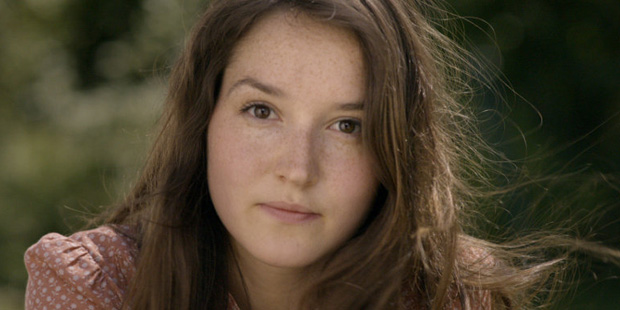 melancholy as well, but I do feel that the world is just complicated. All of us in this room, we have to carry around the things that are complicated and hard for us in life, and we try to get out there and put on a brave face and play our different roles. But we all have the things that hurt us, and we can’t share all the intimate things. You won’t share everything with me and I won’t share everything with you, and we can’t completely identify or share everything with Marguerite and Julien either. They’re inhabited by something that is very difficult to share. If you fall in love with someone, you can go to your friends and tell them about this girl and list all the reasons why you’ve fallen in love, but you can never really express and share the bridge that brought you two together. Basically, what the film is trying to do is show something that cannot be shared, that those two are experiencing together.
melancholy as well, but I do feel that the world is just complicated. All of us in this room, we have to carry around the things that are complicated and hard for us in life, and we try to get out there and put on a brave face and play our different roles. But we all have the things that hurt us, and we can’t share all the intimate things. You won’t share everything with me and I won’t share everything with you, and we can’t completely identify or share everything with Marguerite and Julien either. They’re inhabited by something that is very difficult to share. If you fall in love with someone, you can go to your friends and tell them about this girl and list all the reasons why you’ve fallen in love, but you can never really express and share the bridge that brought you two together. Basically, what the film is trying to do is show something that cannot be shared, that those two are experiencing together.
What did you feel the first time you saw the movie?
AD: I felt happy, I could see its musicality, something very singular and baroque, the final version contained everything that I saw Valérie trying to achieve on the set. The lyrical quality as a characteristic has been transcribed. And it’s very beautiful because I think it’s a story that makes you want to be free.
Coming back to the question of the difficult process of sharing, do you think cinema is the best art for trying to accomplish this?
JE: I would say that, yes, cinema is a vehicle for transmitting many things and trying to communicate some of these things that are difficult to communicate. I have a faith in a certain school of cinema and it’s a beautiful thing that there are many different ones. Probably the dominant school in France these days would be naturalism; Valérie takes a different approach, she wants to use artifice and some stylistic distances and apply different playful ideas to tell a story. It’s a very noble and also humble approach towards filmmaking.
Christian Herschmann
To read our review of Marguerite & Julien visit here.
Read more of our reviews and interviews from the festival here.
For further information about Cannes Film Festival 2015 visit here.
Watch the trailer of Marguerite & Julien here:
https://www.youtube.com/watch?v=_zqb9HKsGus

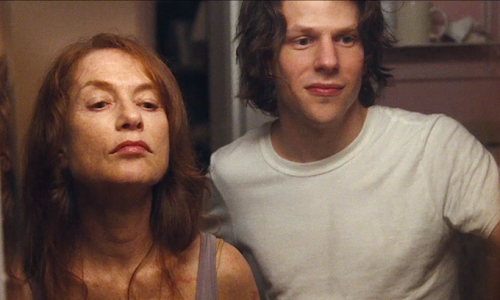
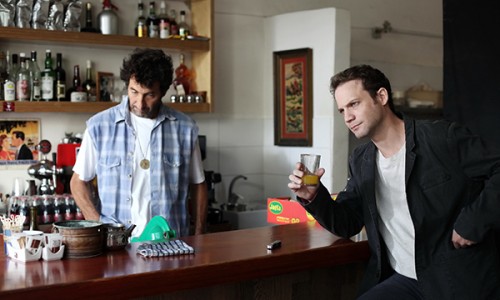
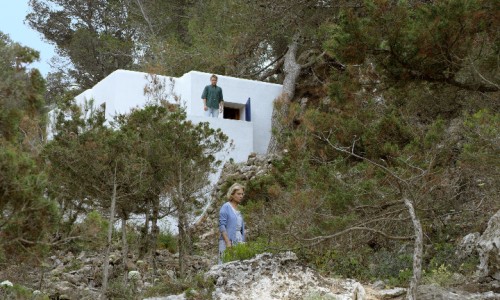
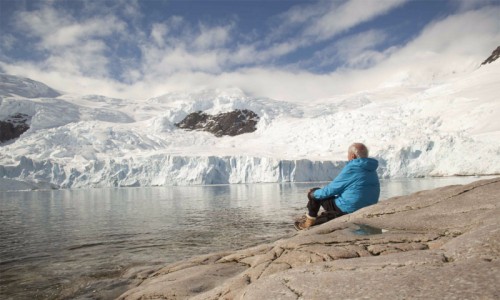
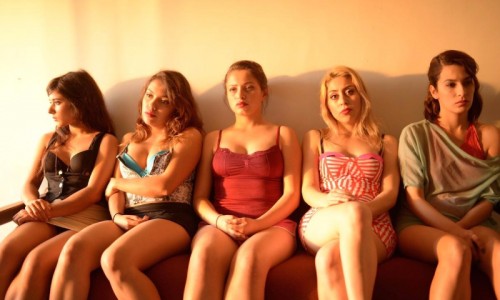
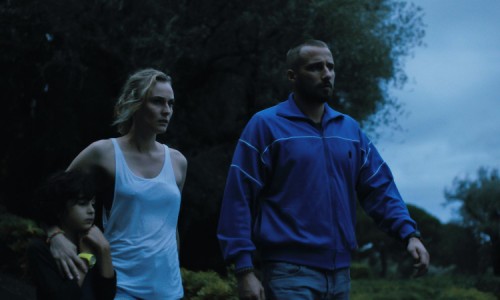
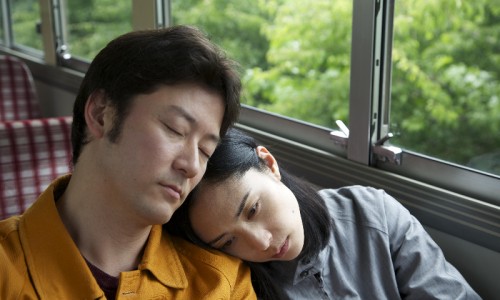
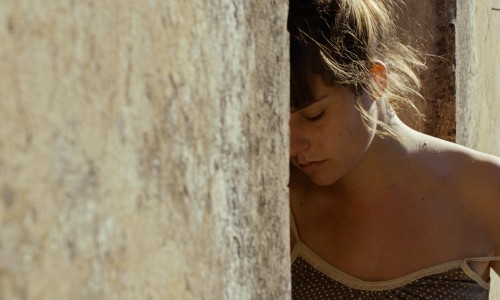
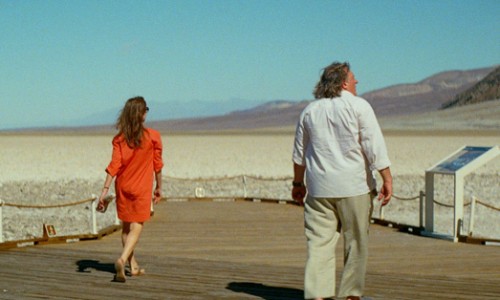
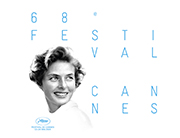














Facebook
Twitter
Instagram
YouTube
RSS